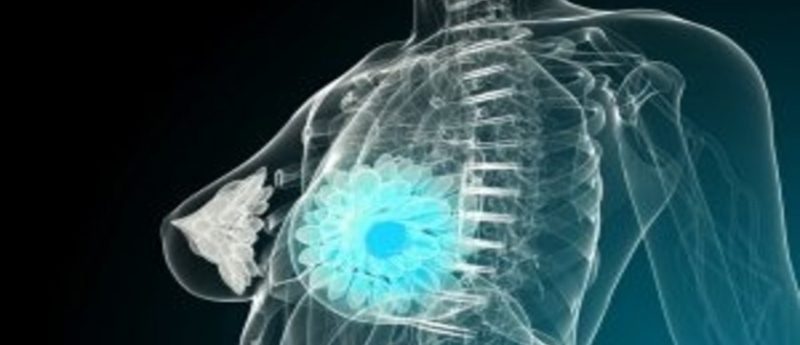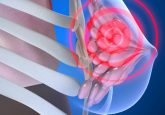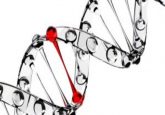Aggressive breast cancer subtypes in black women may contribute to racial survival disparities

Researchers at the University of North Carolina Lineberger Comprehensive Cancer Center (NC, USA) have discovered that there are a higher proportion of aggressive breast cancer subtypes in black women, potentially impacting the direction of treatment.
Recently published in the Journal of the National Cancer Institute, the study was part of the third phase of the seminal Carolina Breast Cancer Study, attempting to understand why African-American women disproportionately die from breast cancer. A total of 980 invasive breast cancers were classified using multigene assays and compared by race and age.
This study demonstrated that triple-negative, or basal-like, breast cancers are more common in young black women, a subtype that does not express the receptors for the targeted biologic therapies currently available. Young black women with hormone-receptor positive, HER2-negative breast cancer are also more likely to have an aggressive subtype and a higher risk of recurrence.
“When we look at a more clinically homogeneous group, such as women who have hormone-responsive, HER2-negative disease, we see pretty significant and biologically important differences between black and white women,” commented the study’s first author Melissa Troester (University of North Carolina at Chapel Hill).
“With genomic information, we’re better able to say which patients are likely to have indolent – or slow-growing – disease. And right now, we might mistake some people as having indolent disease, when actually they have a more aggressive tumor.”
Author Lisa A. Carey (NC Cancer Hospital, NC, USA) concluded: “If you look at the group of basal-like breast cancers, the burden of this disease is much higher if you’re young and black. We believe this is playing a role in racial disparities in outcomes between young and old, and black and white women with breast cancer.”
“If you really have a luminal A, low-risk tumor, and you were hormone receptor-positive and HER2-negative, you could be treated less aggressively, and have different surgical options,” commented Troester. “But if you had these other tumor genomic subtypes, your doctor might consider a more aggressive treatment plan. We can do better to distinguish aggressive and indolent cancers if we use the genomic data that is becoming available.”
Sources: Troester M, Sun X, Allott E et al. Racial Differences in PAM50 Subtypes in the Carolina Breast Cancer Study. J. Natl Cancer Inst.. 110(2) (2017). https://unclineberger.org/news/aggressive-breast-cancers




